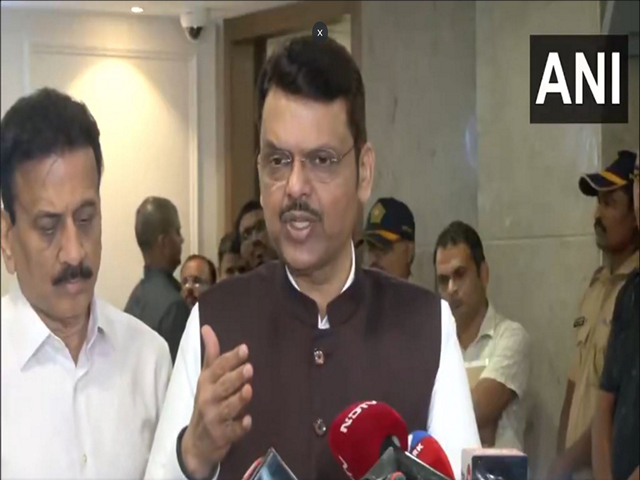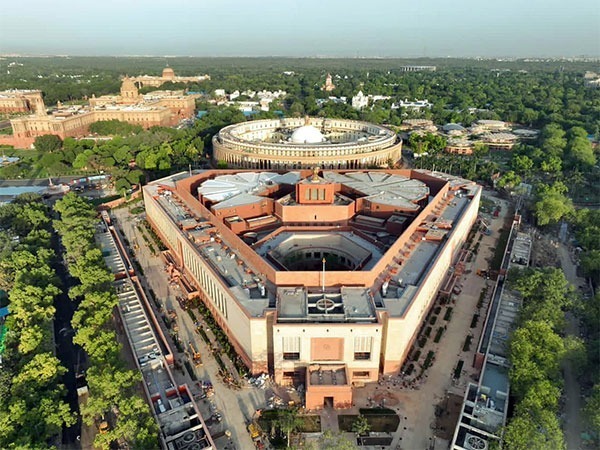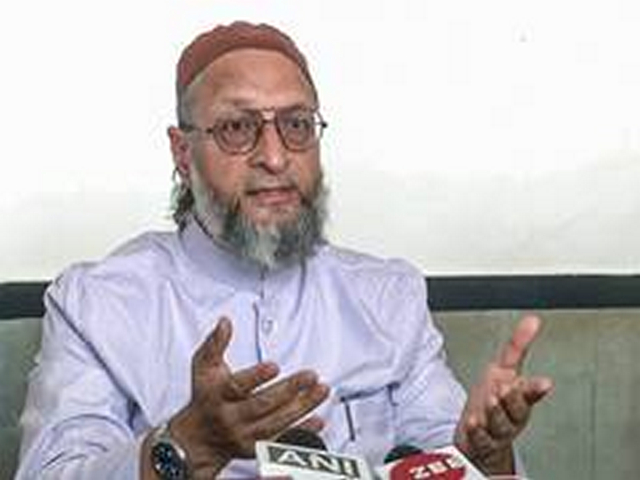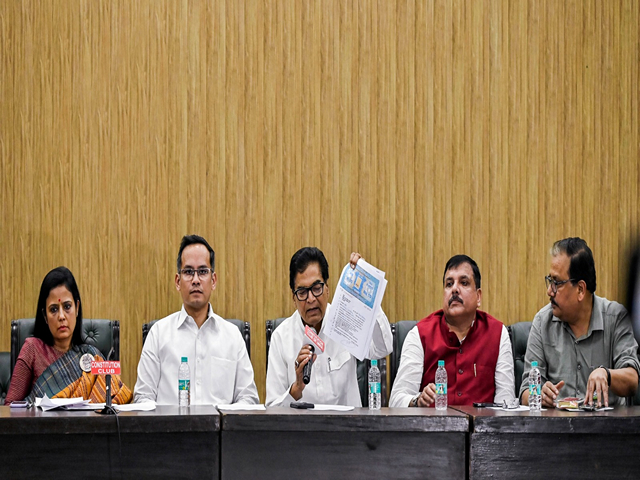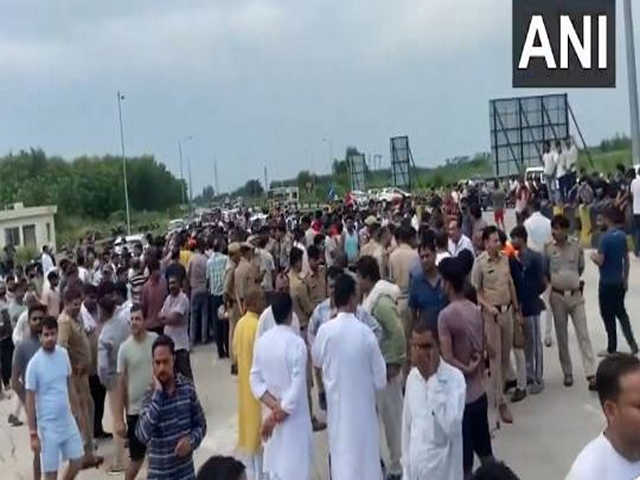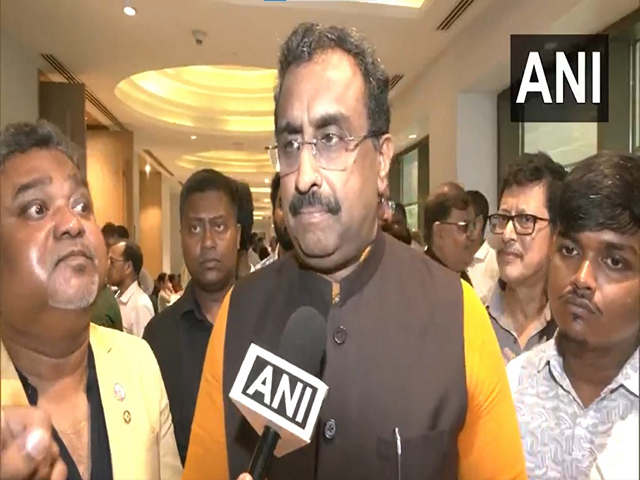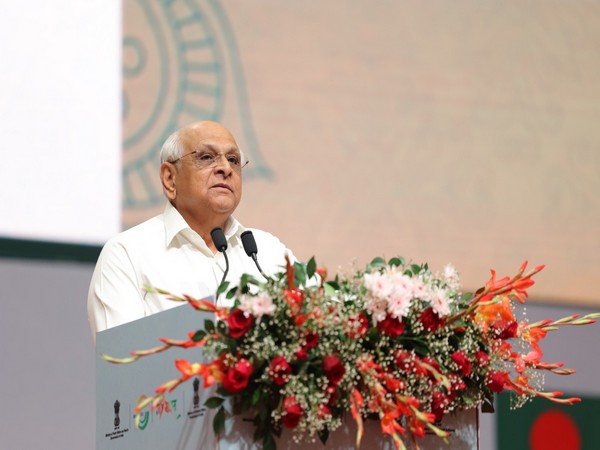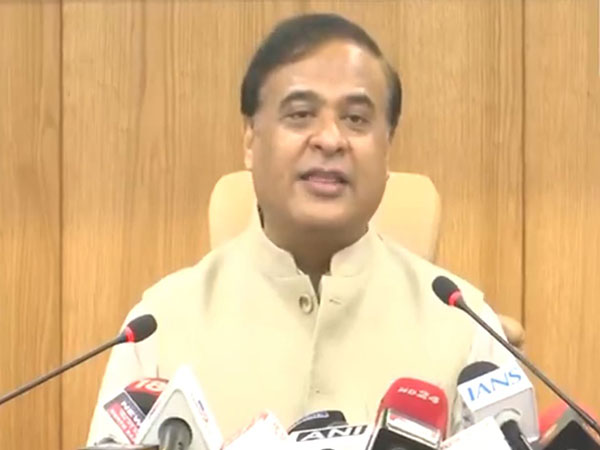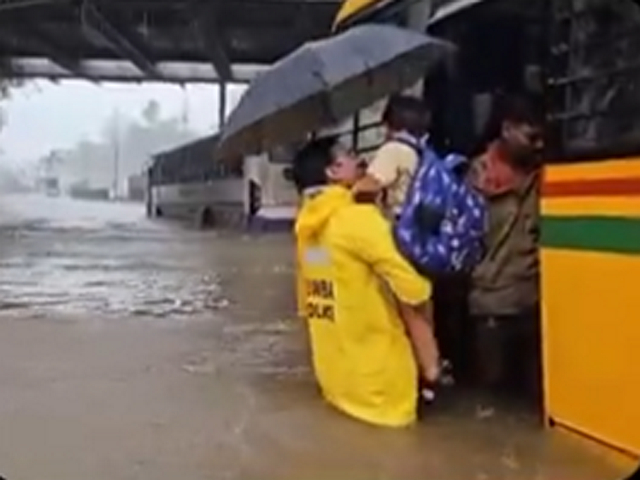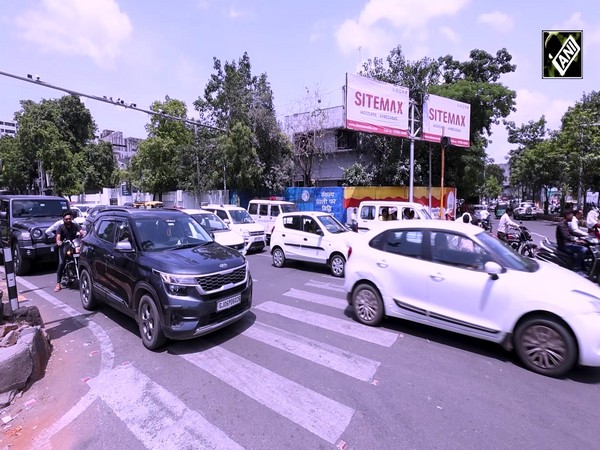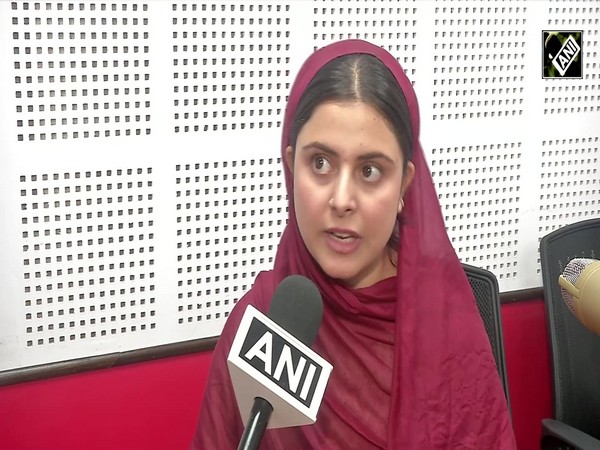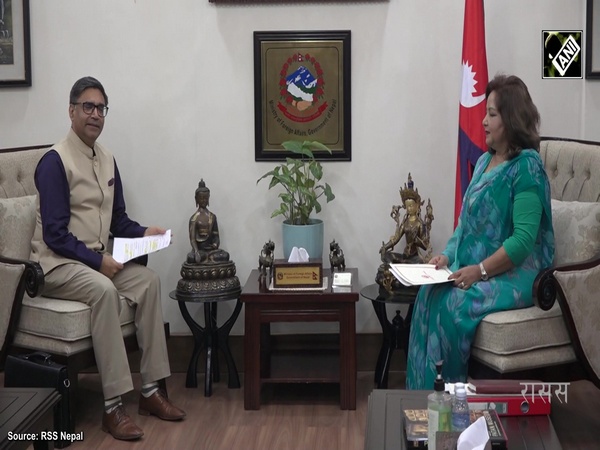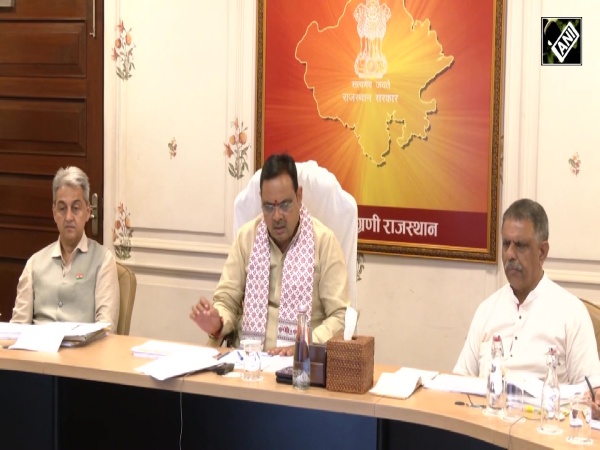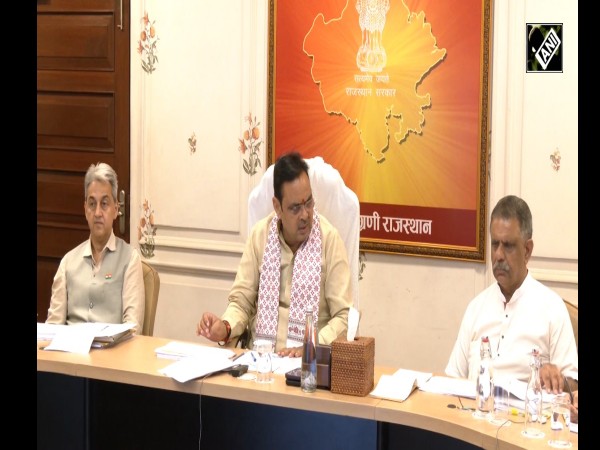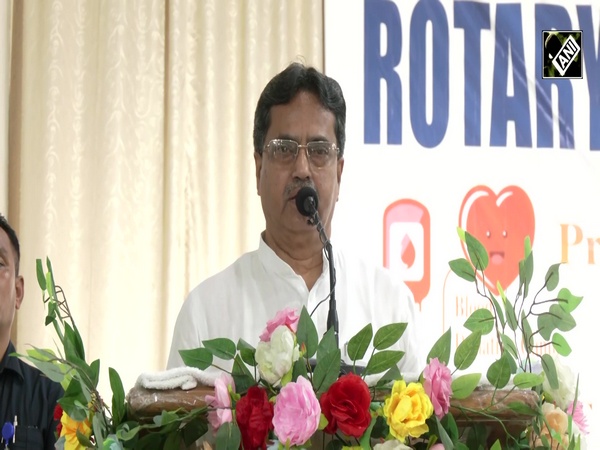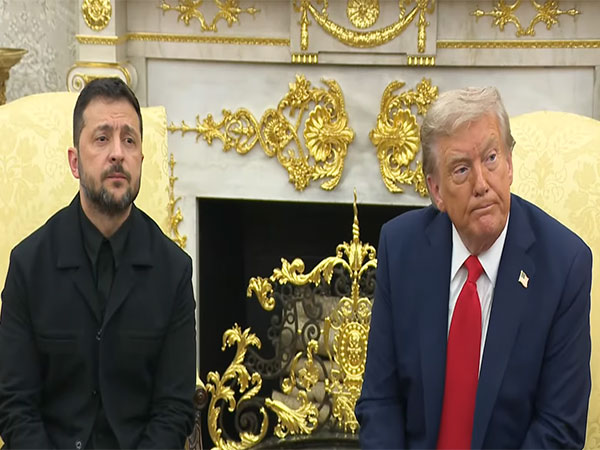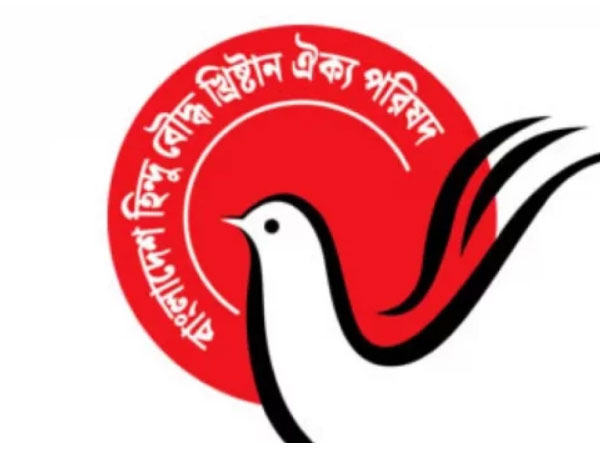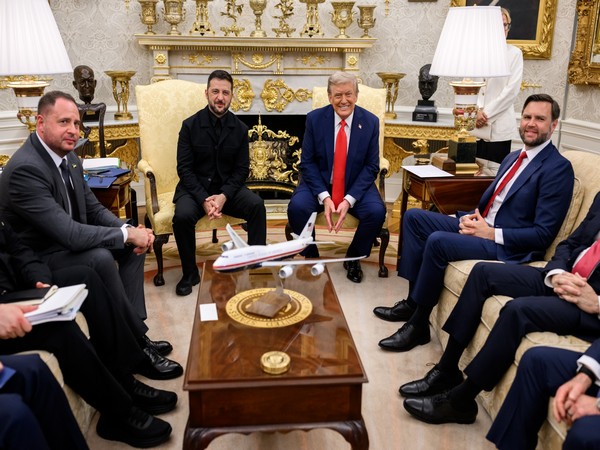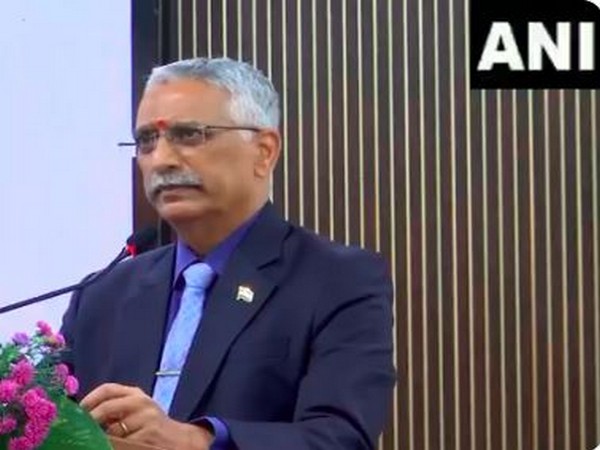
Former Army Chief Gen Naravane launches book, calls defence spending an 'insurance premium'
Aug 18, 2025
Pune (Maharashtra) [India], August 19 : Former Army Chief Gen Manoj Naravane recently launched his book, "The Cantonment Conspiracy," at RIIM Business School in Pune, Maharashtra.
During his address on Sunday, he emphasised the significance of defence spending, comparing it to an "insurance premium" that prevents wars and ensures national security.
Speaking on the occasion, Gen Naravane said, "Whether domestic or foreign, if a peace is required, then you have to prepare for war. Defence preparedness does not come cheap; it comes at a cost. Many times, people wonder whether that cost is worth it and if we can do without it. Some argue that it is a wasteful expenditure. For example, at the cost of one Rafale aircraft, you can build and run 20 schools for a year. That is the stark contrast."
Gen Naravane stressed that defence preparedness is crucial for maintaining peace, both domestically and internationally. He quoted a Roman scholar from the 5th century AD, saying, "If you want peace, prepare for war."
"A Roman scholar in the 5th century AD had said that if you want peace, prepare for war. And over 15 centuries later, that truism still holds good that you have to prepare for war if you want peace, and why do you want peace? Because peace is a prerequisite for development. We always use these terms together, peace and development. Because if you have a peaceful environment, only then will you flourish. Only then will your factories work, will your children be able to get a good education," he added.
Gen Narvane also said, "The defence of a country cannot be outsourced. It has to be done by the country itself. You can outsource the security of a campus, but not of a nation. You cannot say, 'China, please come and guard us.' It is the government's primary responsibility to secure the country."
He highlighted that defence spending should be a priority in budget planning, after accounting for interest payments. The allocation for defence depends on threat perception, competing priorities, and national requirements.
He emphasised the need to balance defence expenditure with other essential needs like education, health, infrastructure, roads, and hospitals.
"When the national budget is prepared, after accounting for interest payments, the first priority is how much to allocate for defence. How much to spend depends on several factors: the threat perception, competing priorities, and national requirements. This expenditure must always be balanced with needs such as education, health, infrastructure, roads, and hospitals."
Rejecting the notion of wasteful spending, Gen Naravane explained, "Defence spending is not a waste. It is like an insurance premium. Just as we pay insurance premiums to cover unforeseen events, and the higher the coverage, the higher the premium, the greater the threats, the more we must spend on defence."
Gen Naravane concluded that defence expenditure should be viewed as a prudent investment to prevent war and ensure national security, rather than a wasteful expense.
He further remarked, "Unlike normal insurance, which provides support after an incident, defence expenditure prevents incidents from occurring in the first place. It prevents wars. Spending adequately on defence ensures that a war is not forced upon you. If you appear weak, your enemies will exploit it."
He cited Ukraine's neglect of defence preparedness as a reason for Russia's invasion, resulting in massive reconstruction costs estimated at USD 400 billion by the World Bank in March 2023.
Citing Ukraine as an example, the former Army Chief said, "Ukraine neglected its defence preparedness. Seeing this weakness, Russia took advantage and invaded. By March 2023, just one year into the war, the World Bank estimated reconstruction costs at $400 billion. Had Ukraine spent even a fraction of that amount on defence earlier, they would not have faced such devastation."
Concluding his address, he said, "Defence expenditure must be viewed as a prudent investment to prevent war and ensure national security."
